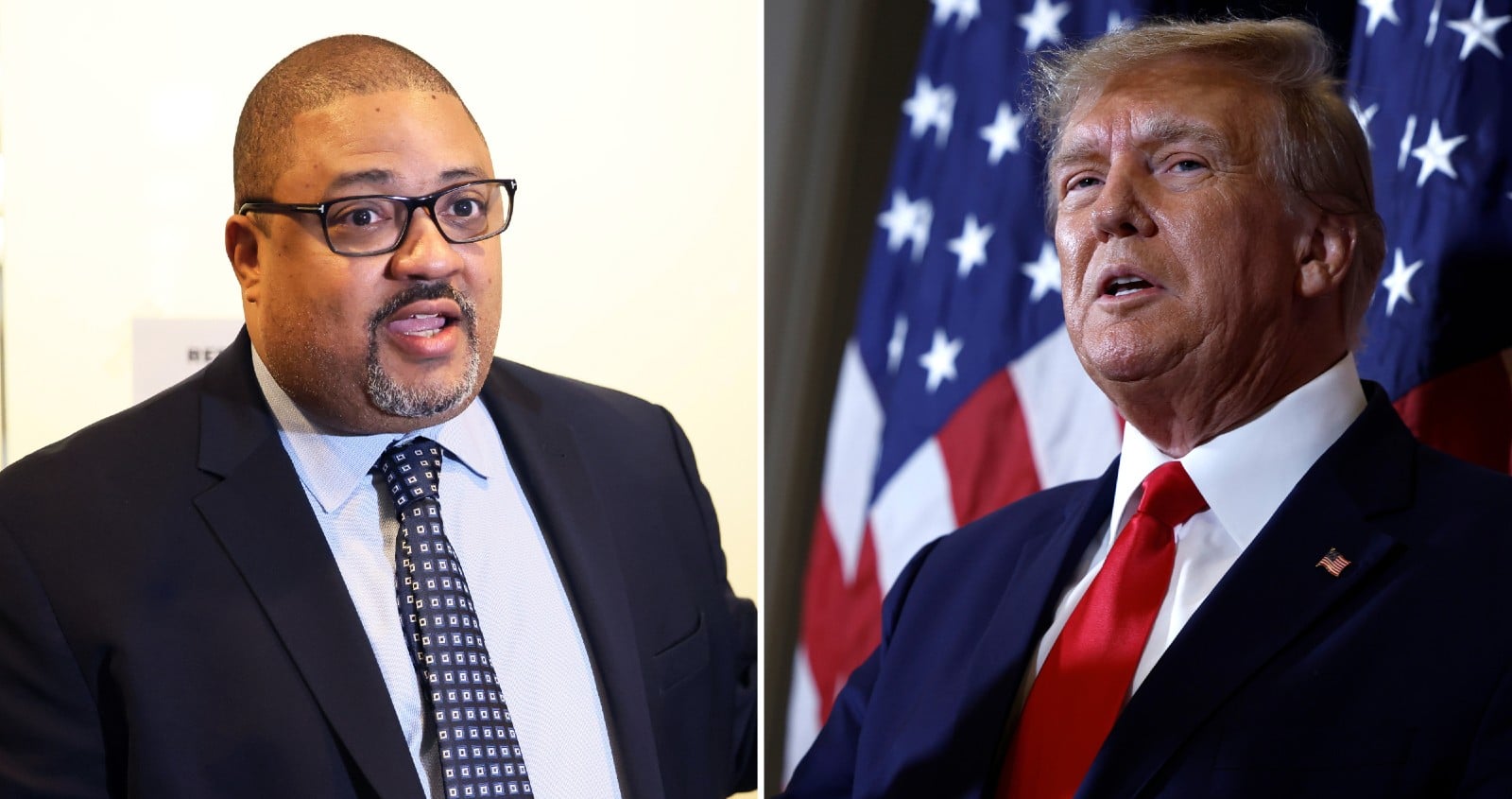OPINION: This article may contain commentary which reflects the author's opinion.
Former President Donald Trump will face his first criminal trial next month over a 2016 hush money payment to adult film actress Stormy Daniels. Trump has denied the affair and has pleaded not guilty to the charges
Trump’s packed court schedule will become more difficult to manage with his upcoming first trial and campaign trail appearances. The start date of Trump’s federal 2020 election trial was originally set for March 4, but it has been rescheduled.
The former president filed an appeal this week, which the Supreme Court might consider and postpone the trial. The judge overseeing the case denied Trump’s request to have the charges dismissed to begin the hearing on Thursday.
Judge Juan Merchan announced that the trial’s jury selection process will begin on March 25, CNN reported.
A Manhattan grand jury indicted Trump in March of last year on 34 felony counts of first-degree business record falsification. His plea to the charges was not guilty. The prosecution claims that Trump paid Daniels $130,000 as part of a “catch and kill” plot.
Trump is the first president to be charged with a crime, living or dead, as a result of the New York indictment. One of the numerous ongoing legal cases that Trump is dealing with as he runs for the GOP presidential nomination in 2024 and a second term in office is the hush money case.
BREAKING: A New York City judge just ruled that Trump’s trial in the Stormy Daniels hush money case brought on by Manhattan DA Alvin Bragg will begin March 25.
Reminder that Bragg downgraded over half of felonies to misdemeanors in his jurisdiction yet had to elevate a… pic.twitter.com/E8d9gYl3r3
— Greg Price (@greg_price11) February 15, 2024
When the judge announced the decision to proceed with the trial, Trump’s lawyers immediately objected, stating that they had planned to discuss the timing of the trial during the hearing.
Todd Blanche, a prominent member of Trump’s legal team, called the decision a “serious injustice” and cited the former president’s numerous legal complications as evidence.
“We have been faced with compressed and expedited schedules in every one of those trials,” Blanche told the judge. “We — meaning myself, the firm and President Trump — have been put into an impossible position.”
Manhattan District Attorney Bragg is facing a pair of lawsuits related to his filing of charges against Trump, accusing him of illegalities involving a hush money payment to adult film star Stormy Daniels ahead of the 2016 election, facilitated by his then-personal attorney Michael Cohen.
Trump is charged with 34 counts that include allegations of falsifying business records to hide the payment.
Fox News noted in June: “The Heritage Foundation, a Washington, D.C.-based conservative think tank, has sued Bragg under suspicions that he and his office coordinated or communicated with the Justice Department, the White House, and Rep. Daniel Goldman, D-N.Y., about the prosecution. In its lawsuit, Heritage claims that such actions eventually led to investigations by several U.S. House committees into Bragg’s conduct.”
“Regrettably, these questions have not been met with answers. These reports have raised concerns in many circles based in large part upon the longstanding history of President Trump’s political opponents coordinating their activities to systematically weaponize the criminal justice system against him and thereby pervert the course of Justice,” says a filing for the first lawsuit.
Heritage has filed a separate lawsuit claiming that Bragg and his team engaged the services of prominent law firms specializing in white-collar litigation, pro bono. In the lawsuit, Heritage is seeking a court declaration that the requested documents fall under the purview of the New York Freedom of Information Law and should be released.
The organization is also requesting that Bragg and his team provide the requested documents and be prohibited from seeking costs and fees related to the specific request mentioned in the case.
Mike Howell, director of Heritage’s Oversight Project, the group’s government watchdog division, said the organization believes Bragg was “coordinating, or otherwise communicating” with Trump’s political opponents and that “there’s reason to believe Bragg was a prolific communicator” via cellphone.
